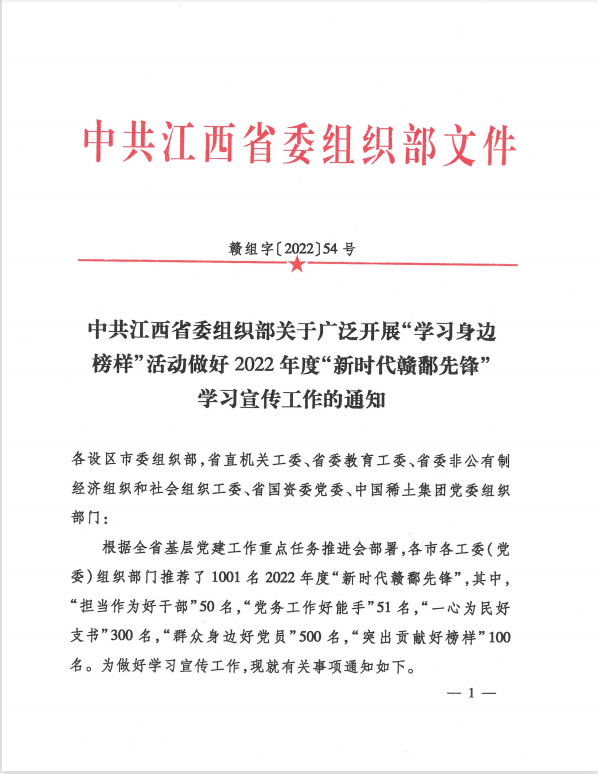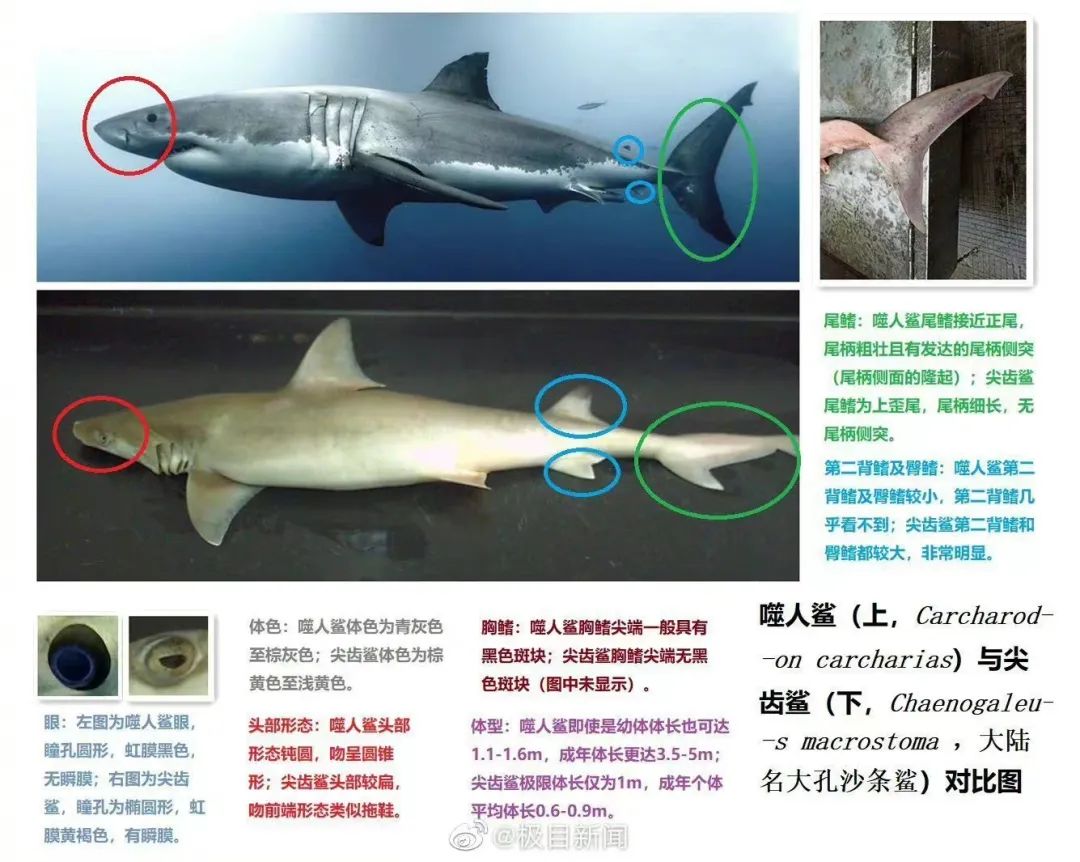Autumn "Intestinal" healthy
Author:Xi'an released Time:2022.09.13
The autumn wind is over the ears, the weather turns cold, the temperature difference between morning and evening is large, and the stomach is easy to get cold and cold. As the largest micro -ecological environment in the body, the intestine has the most direct impact on health. Therefore, it is very important to maintain the health of the intestinal tract daily. Especially, it is necessary to take care of the season to prevent intestinal problems and affect life. Today, Xiaobu connected to Dr. Ma Shiyang from the Second Affiliated Hospital of Xi'an Jiaotong University. Let's listen to his professional advice together!
Participate in the topic experts in this issue:
Ma Shiyang Xi'an Jiaotong University Second Affiliated Hospital, Ph.D. in Medicine, Deputy Chairman of the Youth Committee of the Shaanxi Gastrointestinal Mirror Society
In this issue, you invite you to pay attention to the topic:
1. Cooling in the season, why is the intestine easily injured? What are the common intestinal diseases in autumn?
2. Which groups of people should pay most attention to intestinal health?
3. The intestine is the "protective umbrella" of the human body. How should the intestinal health be protected in daily life?
4. If you want to keep your intestines healthy, except for moderate exercise and keeping warm, what suggestions do you have in diet?
The intestines in autumn are easy to "lose temper"
Autumn Yangsheng should be discussed from the "intestine"
The autumn wind is over the ears, the weather turns cold, the temperature difference between morning and evening is large, and the stomach is easy to get cold and cold. If you don't pay attention to diet hygiene, you will "lose your temper" without paying attention to the gastrointestinal and intestines! Therefore, it is very important to maintain the health of the intestinal tract daily, especially if you change the season, you must take care of it. Ma Shiyang has recruited some healthy influences from the "intestine" in the autumn health.
The most vulnerable to autumn is the intestine
According to Ma Shiyang, autumn is in the transitional stage of "yang eliminating yin and yin long", plus the hot and cold weather, cold and hot climate, so it is easy to cause the disease of patients with stomach diseases to recur, cold air coming, and the gastrointestinal tract is prone to appear after people cold. Disorders, indigestion, diarrhea.
In addition, the dry air in autumn and winter can easily lead to insufficient water in the intestine. The water is absorbed by the intestine, and the excrement will lose the lubricant of water and accumulate in the body, leading to constipation. The weather becomes cold. If you eat some high -calorie foods in order to resist cold, it will cause intestinal burden to increase, induce dysfunction, and cause discomfort such as abdominal pain and bloating.
In addition, autumn will encounter seasonal emotional disorders, and foreign countries often call it "winter depression", which usually occurs in a kind of emotional or emotional symptoms of emotion or emotions in the late autumn and winter. Most patients have a good health in most of the year, but they are becoming shorter and shorter during the day, and the longer and longer seasons will have melancholy performance. Then the abnormal state of the central nervous system will directly interfere with the gastrointestinal movement through the intestinal axis. Common diseases caused by this include: constipation, indigestion, appendicitis, acute enteritis, acute enteritis, duodenal ulcer, intestinal polyps, bowel obstruction, ulcerative colitis, Crohn disease, hemorrhoids, and colorectal malignant tumors.
These people should pay most attention to intestinal health
According to Ma Shiyang, the data in the "2018 Chinese Intestinal Healthy White Paper" shows that more than 90%of the crowd in my country has intestinal problems, which are mainly concentrated in diarrhea and constipation. The ratio of diarrhea is 48.7%and constipation is 47.6%. Which groups are more likely to be stared at by intestinal problems?
child:
Everyone knows that children are easy to accumulate. Children's digestive systems are not mature enough, their immunity is low, and they are easily attacked by pathogenic bacteria, resulting in diarrhea. The pathogenic bacteria can also imbalance the intestinal flora and further aggravate diarrhea. Children are in the growth and development period. If there is a problem with the intestinal tract, the nutrients will not be fully absorbed. Even if the nutritional intake is sufficient, it will cause "malnutrition" and affect the development and growth in the future.
elder:
With the increase of age, the number of beneficial bacteria in the intestine will decrease, the number of harmful bacteria will increase, and after the stable of the flora is broken, the ability to resist harmful bacteria will weaken and more prone to infection. In addition, taking antibiotics often, the gastrointestinal tract of the elderly is more likely to infect bacteria than young people. Therefore, the elderly suffer from intestinal diseases such as indigestion of gastric ulcers, acute enteritis, acute bacteria, hemorrhoids, and constipation.
Pregnant woman:
After pregnancy, the hormone level in pregnant women has increased, gastric acid secretion decreases, gastrointestinal motility weakens, and the fetus gradually increases. The inflated uterus compress the small intestine, so it is more likely to have constipation. Some pregnant women are always worried that bowel movements will cause contractions and dare not force, which is one of the reasons for constipation. In addition, constipation of pregnant women is also related to factors such as dietary habits, intestinal flora imbalances, and sleep quality problems.
White -collar workers who do not exercise:
Fast pace of life, high work pressure, staying up late for overtime, and irregular diet are already the daily portrayal of the white -collar workers in the office. Unhealthy lifestyle will break the rules of the intestinal, leading to the imbalance of intestinal flora, and further aggravating functional disorders. The gastrointestinal peristalsis caused by sedentary sedentary makes the body unable to discharge toxins in time, causing problems such as constipation.
"More thicker and less thin" to care for the stomach and intestines
Ma Shiyang said: Intestinal tract is the "protective umbrella" of the human body. In daily life, the intestine is healthy. In addition to the appropriate amount of exercise and keep warm, you need to pay attention to the diet:
First, eat more coarse grains and nuts. Eating whole grains (referring to all natural and complete grains, beans and nuts of nuts and nuts, such as buckwheat, red beans, melon seeds, etc.) can ensure sufficient dietary fiber. The short -chain fatty acids produced by dietary fiber in the intestine can provide "nutrients" for the growth of probiotics and promote "beneficial bacteria" reproduction.
Second, eat seven -point fullness to inhibit harmful bacteria. Eat seven -point full meal, that is, you just feel not hungry, don't eat it. Eat less high -fat foods and red meat, because too high intake can cause a lot of harmful bacteria to breed, resulting in changes in the structure of the intestinal flora, which will increase the risk of diverticulum and polyps. Third, supplement probiotics or probiotics. Supplementary probiotics or probiotics are effective ways to regulate the balance of intestinal bacteria and improve intestinal health. For example, lactic acid bacteria beverages, or commonly used probiotics are one of the effective ways to supplement probiotics.
Fourth, if it is a sensitive person in the intestinal tract, you should eat a low Fodmap diet. The low Fodmap diet was discovered by researchers at the University of Monash, Australia. In China, many people call it "low -haired diet".
Low FODMAP diet is a simple way to treat intestinal excitement syndrome. This type of diet includes it difficult to directly digest carbohydrates. It stays longer than other foods in the body and interferes with water absorption. Fermentation causes your very familiar symptoms, such as abdominal pain, bloating, constipation, diarrhea and flatulence. In the past ten years, the low FODMAP diet method is considered to be the most effective diet therapy for the treatment of intestinal excitement syndrome, and 75%of patients can be relieved.
(Xi'an Newspaper All -Media Reporter Wang Chao Tang Yun Quxue Intern Zhang Chenchen Poster Design/Zhang Yalan Audio Production/Gu Yilin Editor Yang Xue)
- END -
[Good news] Zhang Wenfeng won the honorary title of "New Era of Ganxi Pioneer"

Recently, the Organization Department of the Jiangxi Provincial Party Committee of...
Barbecue "Great White Shark"?IntersectionSooner or later after "eating and broadcasting"!

Recently, a gourmet video full of gimmicks has triggered a network controversy ...